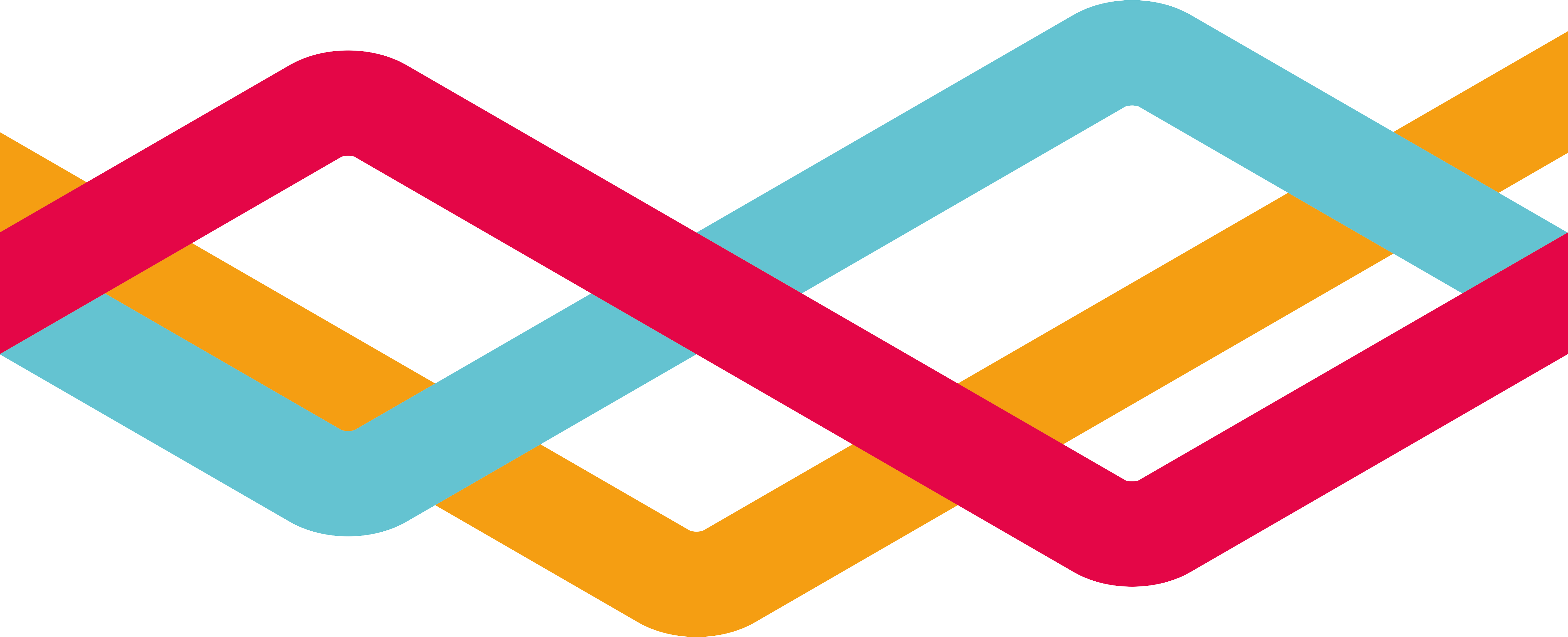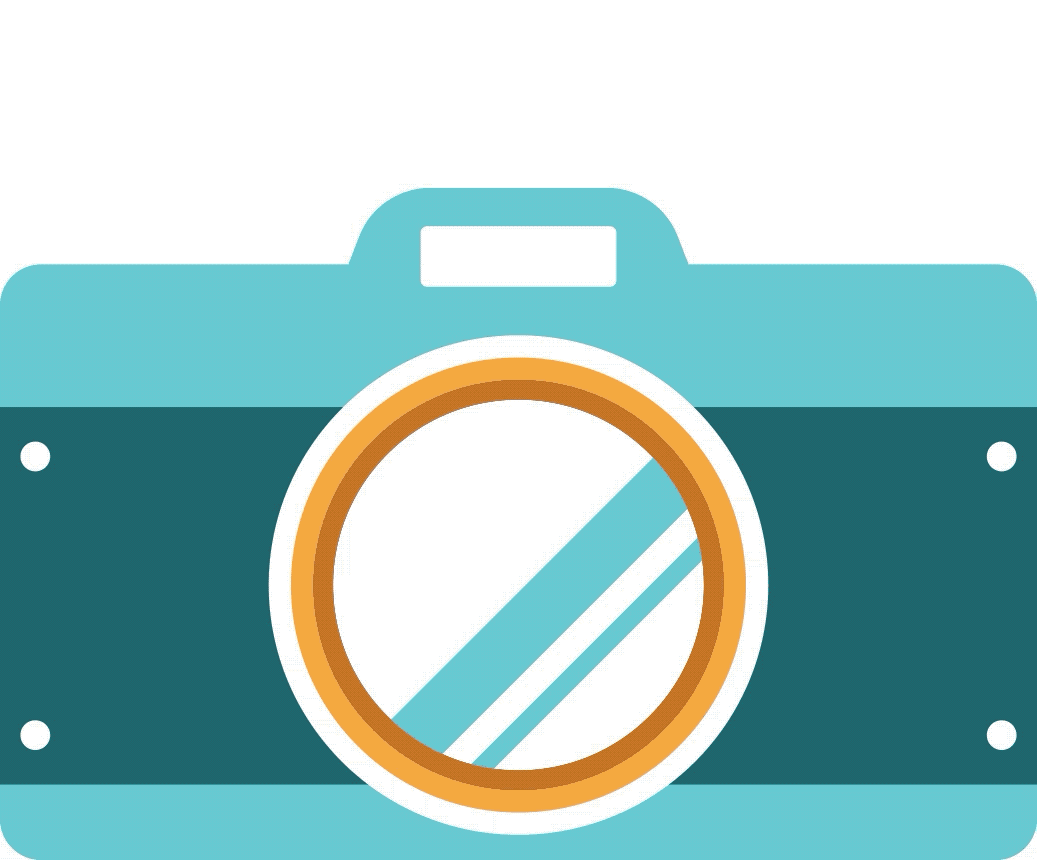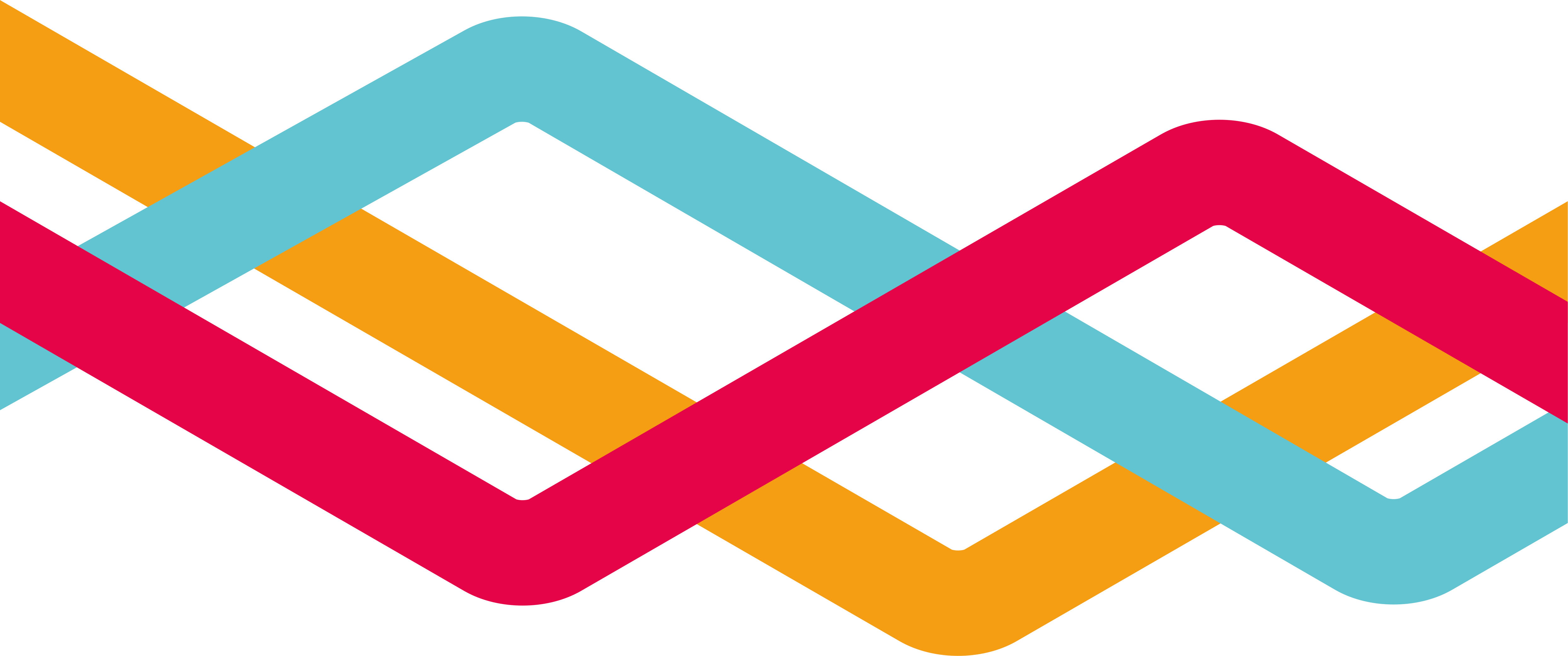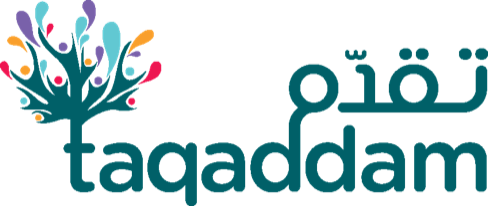Collaboration

“If you want to go fast go alone, if you want to go far go together”
African Proverb
Collaboration means connecting effectively with others and using the ideas and abilities of different people towards a common purpose.
Collaboration involves the ability to work responsibly and happily in teams with different people, respecting everyone, bring different ideas together, and being flexible and making compromises if needed. Good collaboration is supported by other life skills including teamwork, active listening, empathy and conflict resolution.
And because collaboration contributes to building good relationships it also helps strengthen communities. It’s been a core survival skill throughout the whole of human history!

The skill of collaboration
The skill of collaboration

See things from different angles to understand them more
The best idea is more important than your idea
Diversity is strength
“Talent wins games, but teamwork and intelligence win championships.”
Michael Jordan, Legendary Basketball Player
Did you know that teams that have a mix of people – with different interests, backgrounds and skills etc – are generally more successful.
When ideas and solutions reflect the diversity of a group, then that group is more likely to come up with innovative, original ideas and succeed together.
This is true in business, research and politics, but also, think of some of the big issues in the world, like in public health or the environment. These issues are so complex – no one person or group can possibly know everything, and they certainly can’t do everything. That is why it is essential to learn how to collaborate.
“Diversity is actually a form of ability… 1 + 1 can equal 3, but only if the two 1s are different”
Scott Page. Researcher and author of The Diversity Bonus
Listening carefully
Once crucial personal skill to collaborate effectively and make the most of being in diverse teams is ‘active listening’ – meaning you really, actually listen and take an interest in what the other person is saying, even if you might not agree with them.
The key is to believe in diversity, be open to other ideas and to be present – meaning that you are focussed on the moment you are in and not distracted by anything else.

Active Listening: Katie Owens at TEDx Youth@Conejo
What will you take away from that?
Collaboration styles:
In every group, team or class – anywhere you collaborate – you might see different kinds of team members. You might see these different collaboration styles:
• The Contributor: Task-oriented team members who enjoy providing information and data.
• The Coordinator: Goal-directed team member who sees the vision or goal of the team as the most important, but is flexible and open.
• The Communicator: Process-oriented team member who is an effective listener and facilitator of involvement.
• The Challenger: Questions the goals and methods of the team, and is willing to disagree with other people in charge.

For each collaboration style, think of and write down:
• a time when you’ve been like this
• a time when you’ve not been like this
• a character from a movie

Now take a photo of what you’ve done and click below

